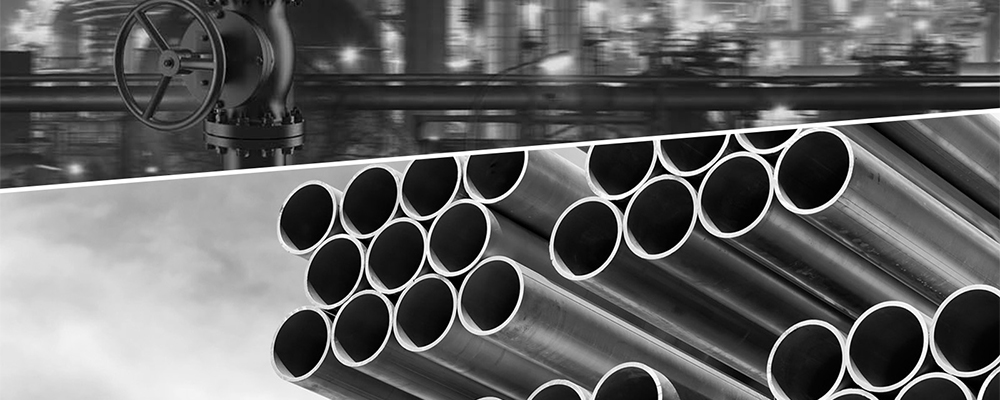Textile Tubes
- Textile Tubes
Textile metal tubes, also known as textile rollers or textile cylinders, are cylindrical components used in various textile manufacturing processes. These tubes play a crucial role in facilitating the movement, processing, and finishing of textile materials such as fabrics, yarns, fibers, and filaments. Here's how textile metal tubes are utilized in the textile industry:

- Yarn Processing
Textile metal tubes are used in yarn processing operations such as spinning, twisting, winding, and plying. These tubes serve as cores onto which yarns are wound during manufacturing processes. They provide support and tension control to ensure uniform winding and prevent distortion or damage to the yarn. Metal tubes used in yarn processing may have specialized surface finishes or coatings to minimize friction and facilitate smooth yarn movement.
- Weaving and Knitting
In weaving and knitting operations, textile metal tubes are employed as warp beams or cloth beams to hold and feed warp yarns or fabric during the weaving or knitting process. Warp beams, also known as warp rollers, are mounted on weaving looms and hold the parallel threads (warp) under tension during fabric formation. Cloth beams, also called cloth rollers, collect the woven or knitted fabric as it is produced. Metal tubes used in weaving and knitting applications must have sufficient strength and rigidity to withstand tension and ensure smooth fabric handling.
- Dyeing and Finishing
Textile metal tubes are utilized in dyeing and finishing processes for fabric handling and transportation. They may be used as rollers in dyeing machines, padding machines, or stenter frames to guide and support the fabric as it undergoes various treatments such as dyeing, printing, coating, or finishing. Metal tubes used in dyeing and finishing applications must be resistant to chemicals, heat, and abrasion to withstand the harsh conditions of textile processing environments.
- Textile Machinery Components
Textile metal tubes are incorporated into various components of textile machinery such as rollers, shafts, and cylinders. They may serve as guide rollers, tension rollers, or drive rollers in textile machinery for yarn or fabric handling. Metal tubes may also be used as support shafts or mandrels in winding, slitting, cutting, or laminating equipment. Metal tubes used in textile machinery must be precisely engineered and manufactured to ensure smooth operation, minimal vibration, and precise alignment.
- Specialty Applications
In addition to traditional textile manufacturing processes, metal tubes may be utilized in specialty applications within the textile industry. For example, they may be used as cores or spindles for textile machinery components such as jacquard machines, tufting machines, or carpet looms. Metal tubes may also be employed in nonwoven textile manufacturing processes such as needle punching, thermal bonding, or air laying.
Copyright by 2024 INDUSTRIAL METAL & TUBES. All Rights Reserved || Designed By : Shraddhawebsoft

